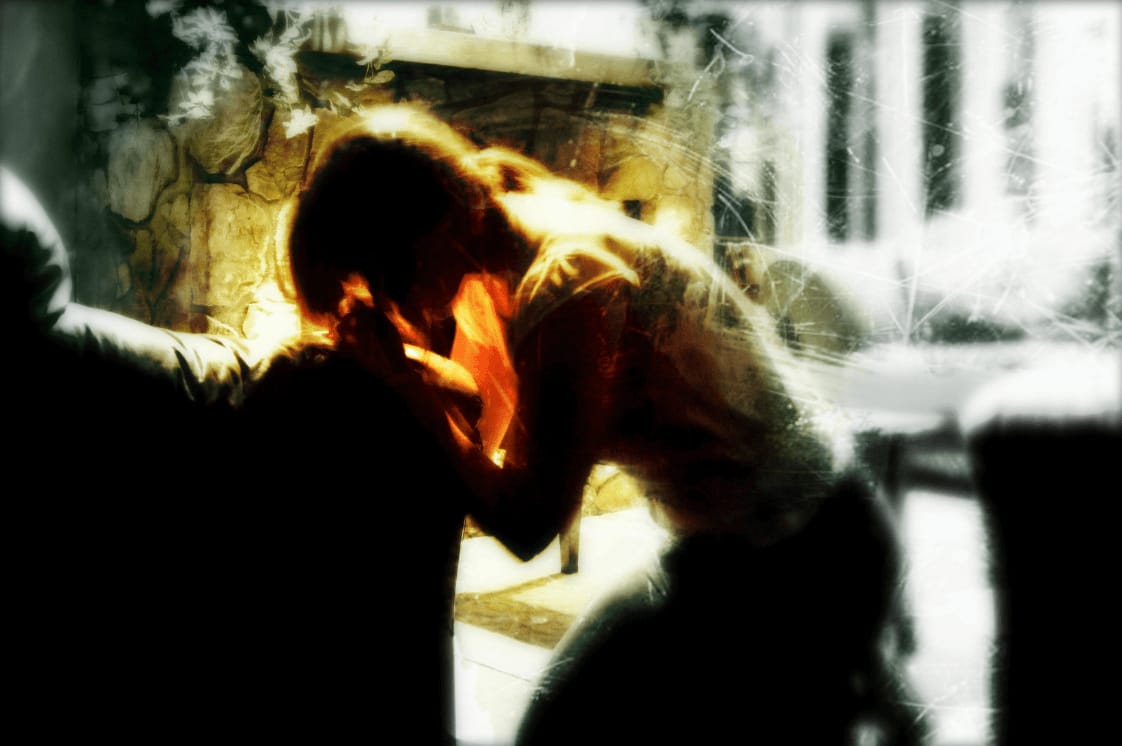- Faith Activist
- Posts
- Can Anyone Truly Understand Sin?
Can Anyone Truly Understand Sin?
Augustine’s stolen pears reveal the twisted depths of our hearts and the mercy that untangles them.

"Who can understand his errors? Cleanse thou me from secret faults." Psalm 19:12 (KJV)
Every believer, at some point, has faced the gut-wrenching sting of sin a deep sorrow not just for what we’ve done, but for who we are when left to ourselves. We’ve winced in regret, felt the heat of shame, and sometimes wondered, “Why did I do that?” We know we sinned, but the deeper question lingers: Why do we sin at all?
This question isn’t new. In fact, one of the most profound reflections on this very subject came over 1,600 years ago, from a young man named Augustine not yet a bishop, but already feeling the weight of his rebellion. His reflections in Confessions provide a mirror into the human soul and a roadmap back to the heart of God.
The Sorrow Behind Sin
Augustine writes not to sensationalize his past, but to glorify God’s mercy. He probes the “knotty tangle” of his own sin to discover not only the motive for his rebellion, but the depth of God’s grace in forgiving it.
In Confessions Book 2, he famously recalls stealing pears as a teenager not out of hunger or need, but for the sheer thrill of doing something forbidden. He had better pears at home. He wasn’t hungry. He threw them to pigs. So why did he do it?
The answer, he finds, lies not in the fruit but in the human heart. And through his struggle to understand this petty theft, we gain insight into our own sin, however large or small.
Why Do We Sin?
1. For the Thrill of Transgression
Augustine admits, “My only pleasure in doing it was that it was forbidden.” His delight was not in the pears, but in the act of stealing. He saw in himself a twisted desire to assert his own power to be like God in his own little way.
Isn’t this the same lie that seduced Adam and Eve? “You will be like God” (Genesis 3:5). We imitate God perversely seeking control, praise, or glory that belongs only to Him. Sin, in many forms, is our attempt to grasp for divine power in human hands.
2. For the Fellowship of Sin
More haunting than the thrill itself was the company. Augustine says he wouldn’t have stolen the pears alone. It was the “companionship of others sinning with me” that lured him. He calls it “friendship unfriendly.”
This resonates powerfully in our age, where peer validation whether in-person or online often fuels sinful behavior. Sin, when shared, becomes less about rebellion and more about identity. We sin with others to feel something like belonging, even as we pull further from God.
Sin Defies Logic
At first glance, Augustine’s analysis may seem overly scrupulous. But he’s not obsessing over a small sin he’s exposing the madness beneath all sin. Why do we turn away from perfect love? Why would we trade peace for guilt, joy for shame, order for chaos?
Ultimately, we can’t explain sin in purely logical terms. Augustine writes, “Who can unravel that complex twisted knottedness?” Like Paul, he cries, “Wretched man that I am! Who will deliver me from this body of death?” (Romans 7:24).
Psychologists now agree that irrational self-sabotage is often deeply rooted in patterns that logic can’t fix. Sin, likewise, is not just a failure of behavior but a breakdown of spiritual sanity. We do what we hate. We sabotage what we love. And we often can’t say why.
But Grace Breaks Through
Here is where Confessions becomes gospel-rich. Augustine doesn’t end in despair. He looks beyond the wreckage of his sin to the mercy of Christ. His question, “Who can understand sin?” is answered not with analysis, but with grace.
“Thanks be to God through Jesus Christ our Lord!” (Romans 7:25)
Jesus understands sin not by committing it, but by carrying its full weight on the cross. He doesn’t merely explain our sin; He redeems us from it.
Feel the Weight, Then Flee to Mercy
Augustine doesn’t tell us to ignore our sin. He tells us to look at it until we hate it but not without hope. His goal is not shame, but transformation.
Just like the prodigal son, who finally “came to himself” in a pigsty (Luke 15:17), we must come to the end of ourselves before we can return to the Father. Sin has made us insane, but Christ welcomes us back into the sanity of grace.
When you feel the weight of your own transgressions whether recent or distant don’t dismiss them, and don’t wallow in them. Let them drive you to the One who can untangle the mess. “For with the Lord there is steadfast love, and with him is plentiful redemption.” (Psalm 130:7)
Rest for the Restless
Augustine closes this reflection not with self-loathing, but with a vision of holiness:
“O justice and innocence, fair and lovely, it is on you that I want to gaze… Whoever enters into you enters the joy of his Lord.”
That joy is open to you. Not because you’ve figured out your sin, but because Christ has. He saw it all. He bore it all. And He still says, Come home.
In that embrace, our tangled motives are met with untangled mercy. And finally, we find rest.
Send this to someone wrestling with hidden sin or subscribe to our newsletter for more stories of mercy and hope.
Reply